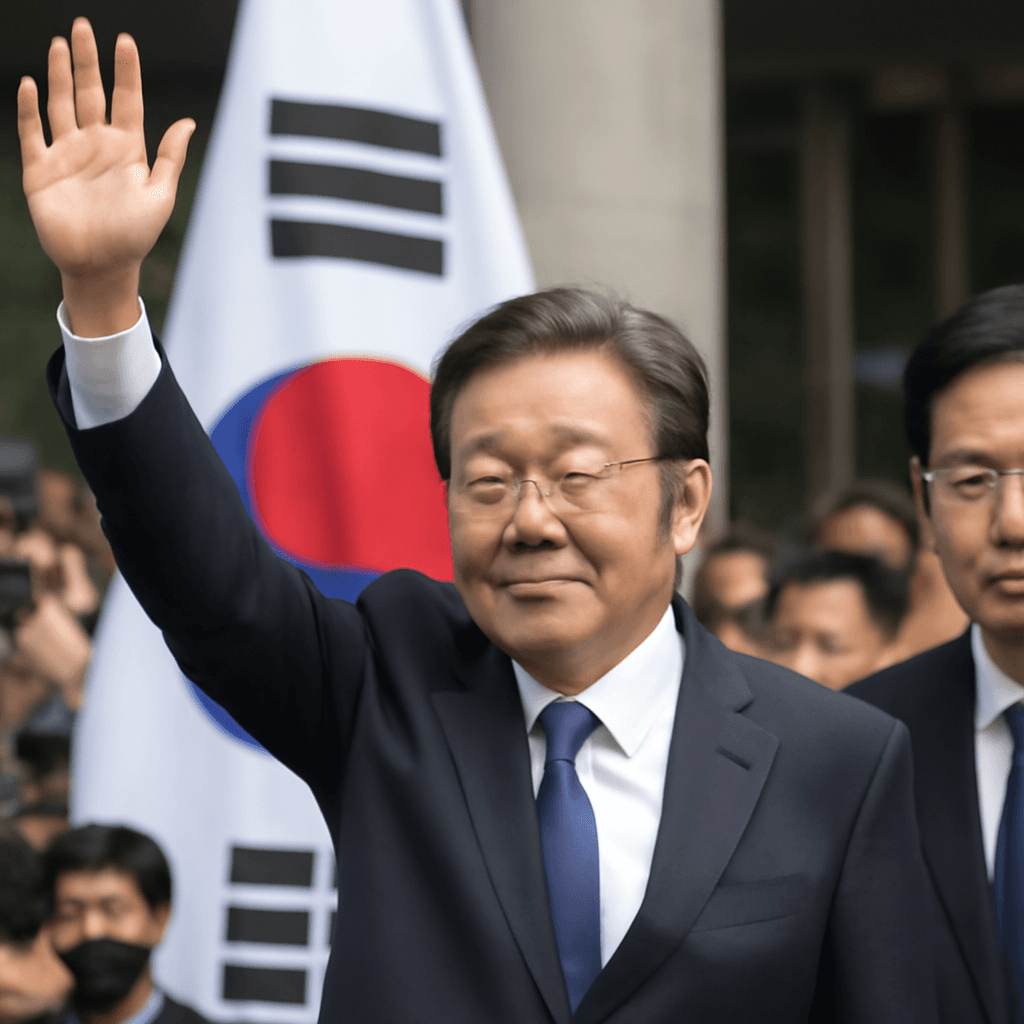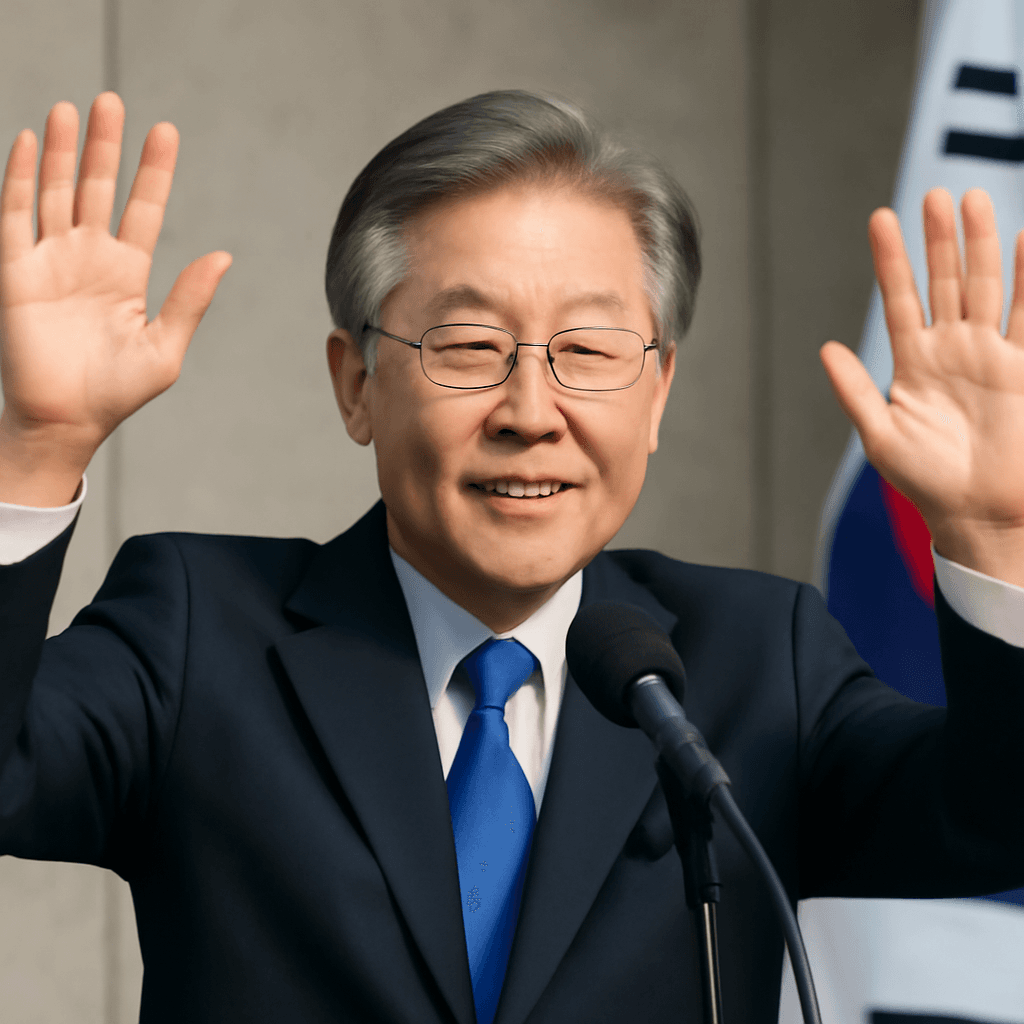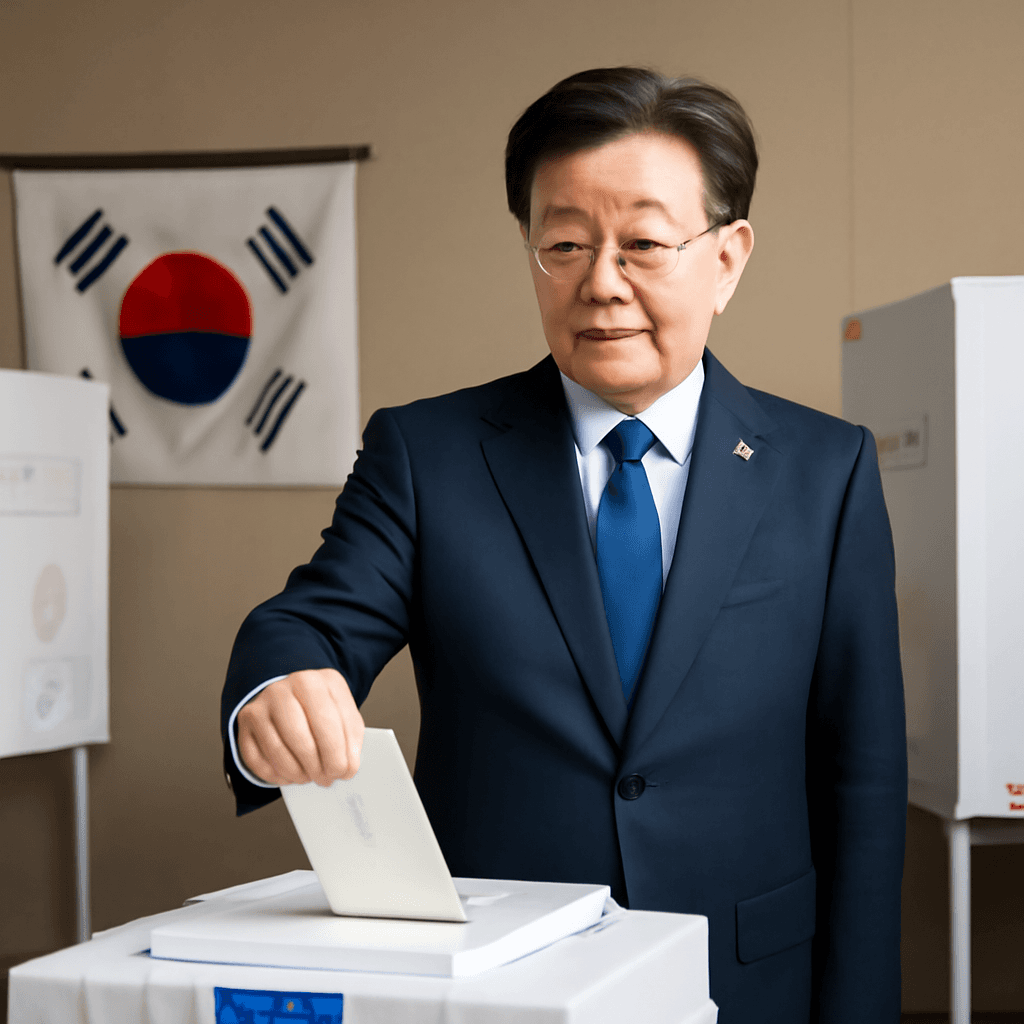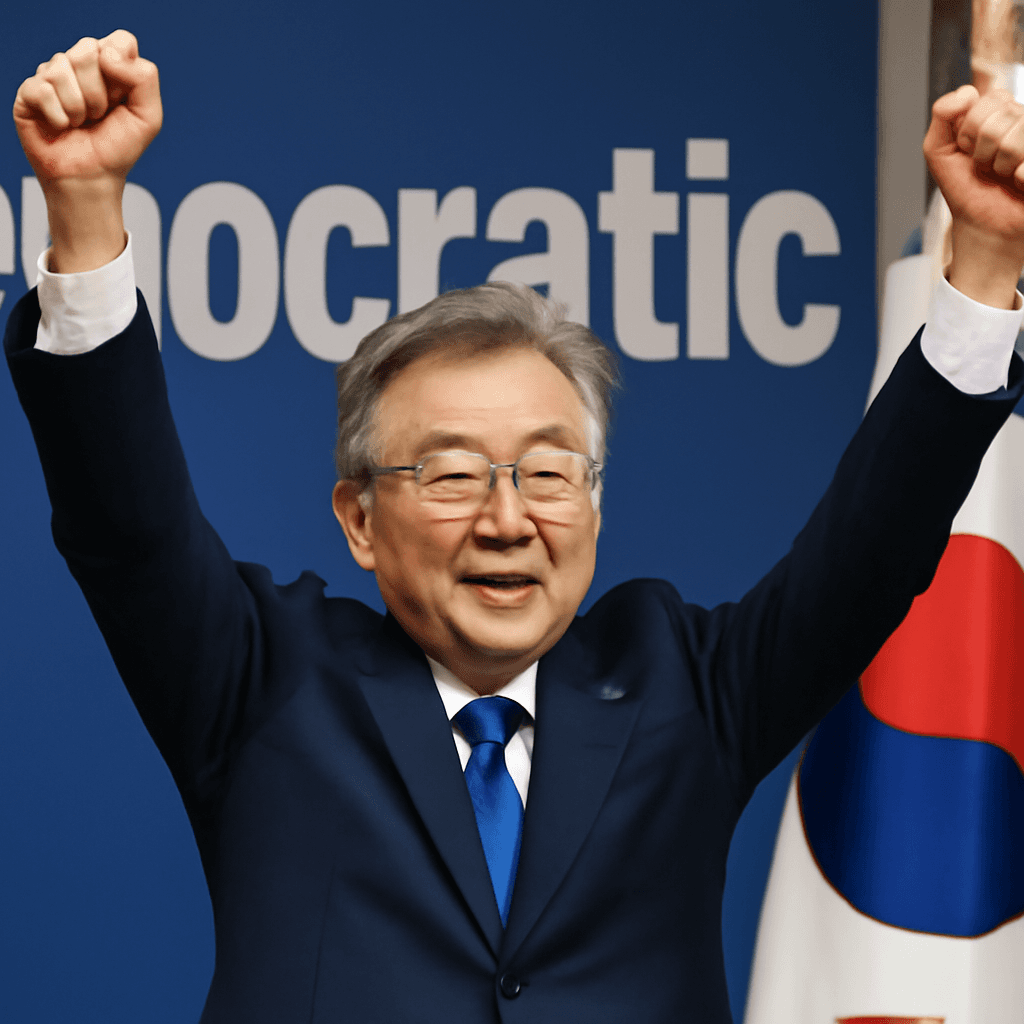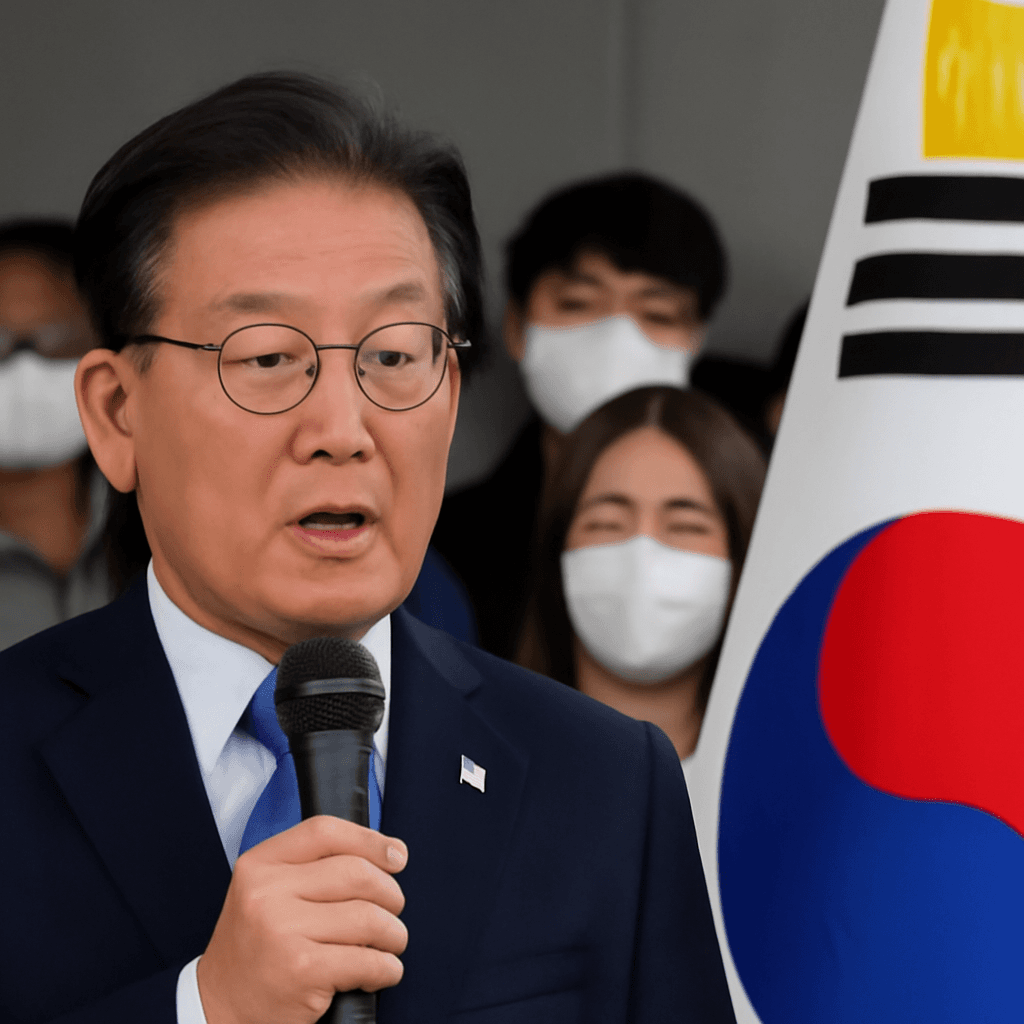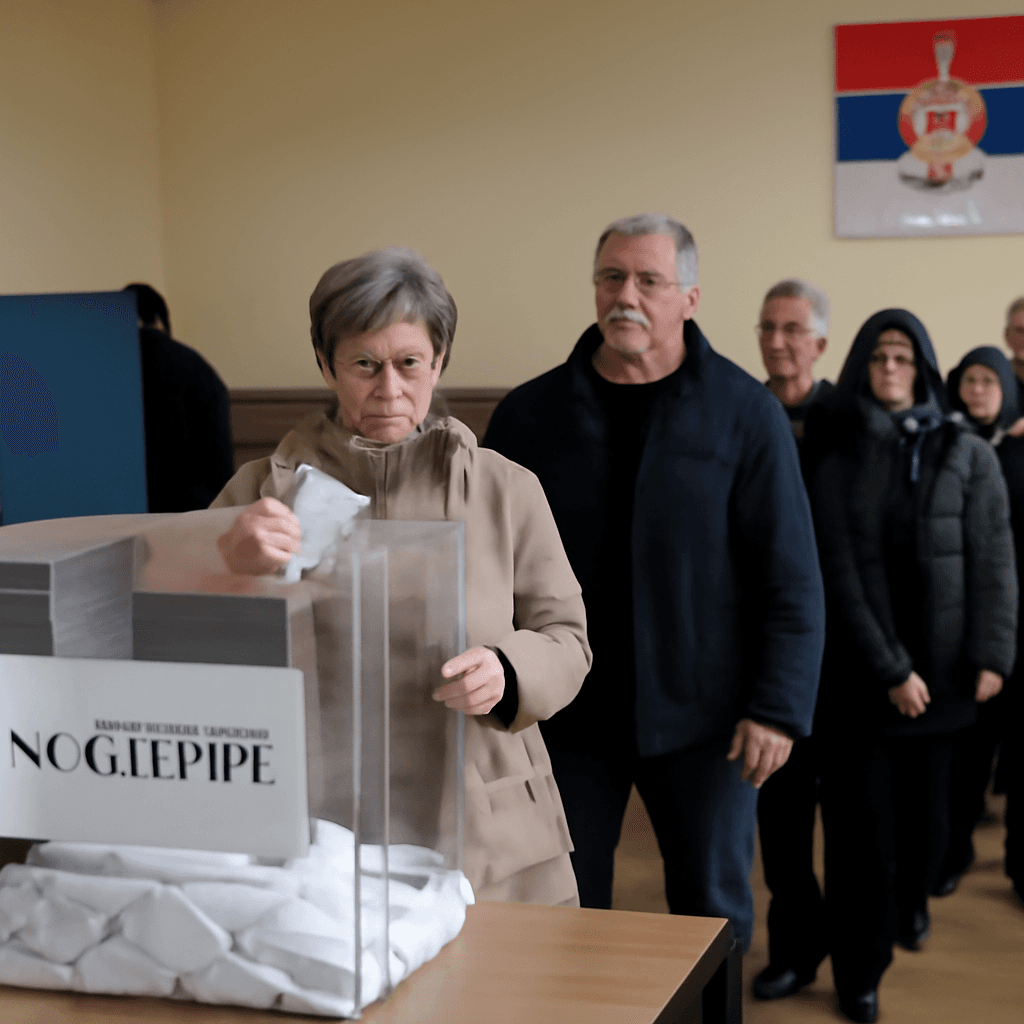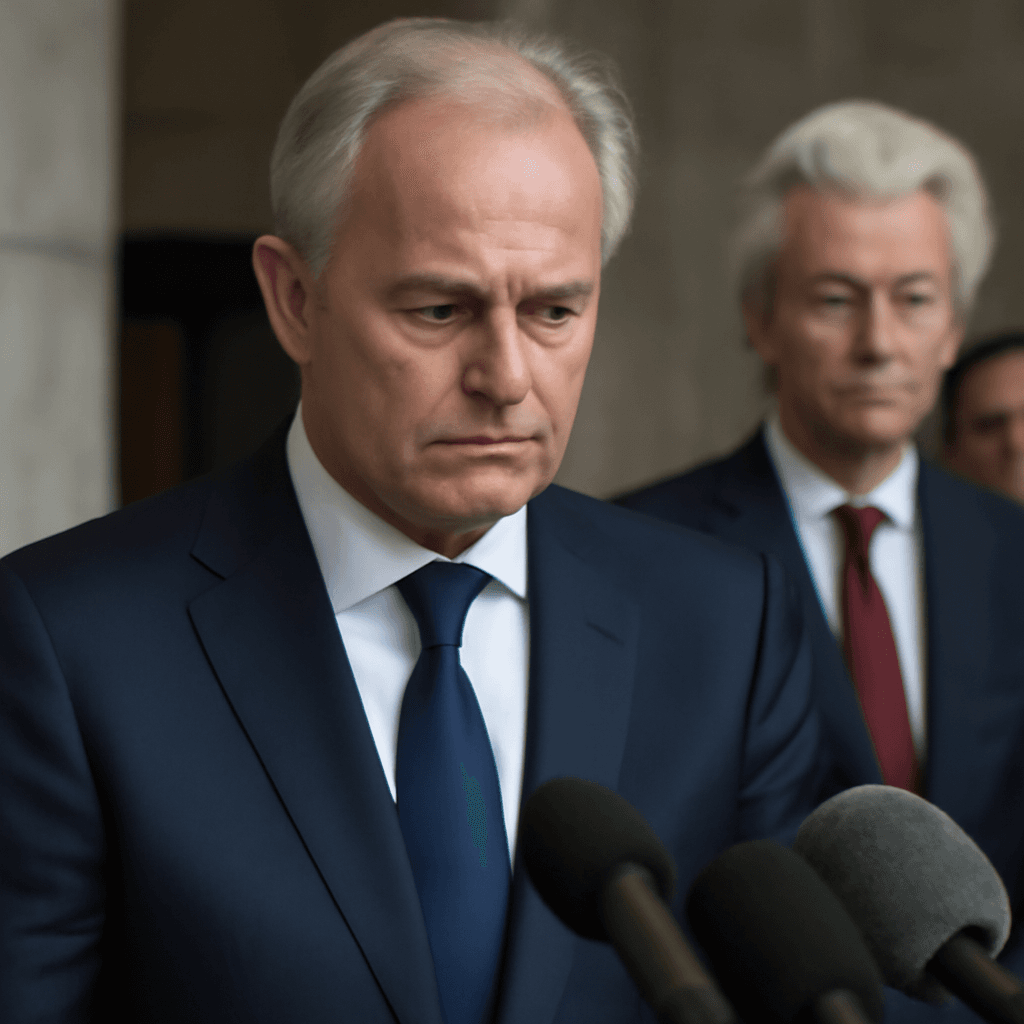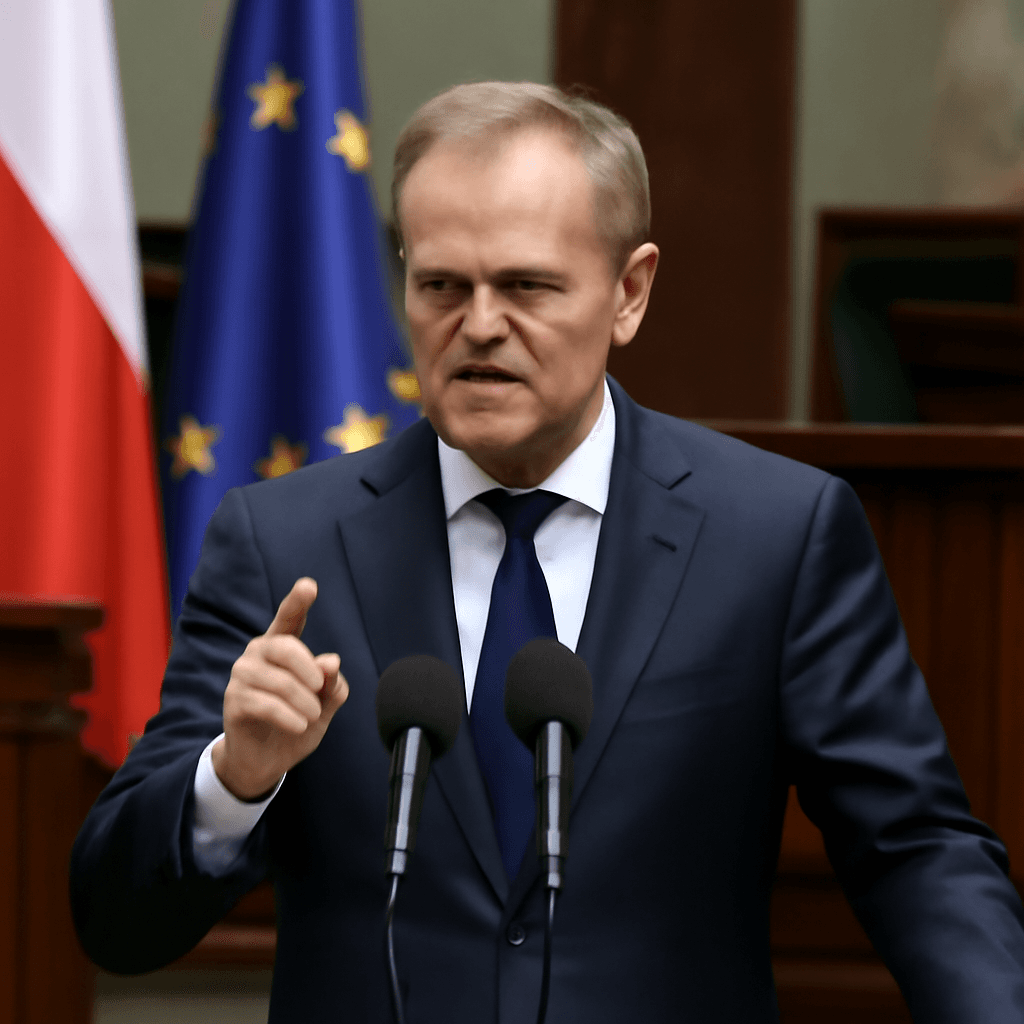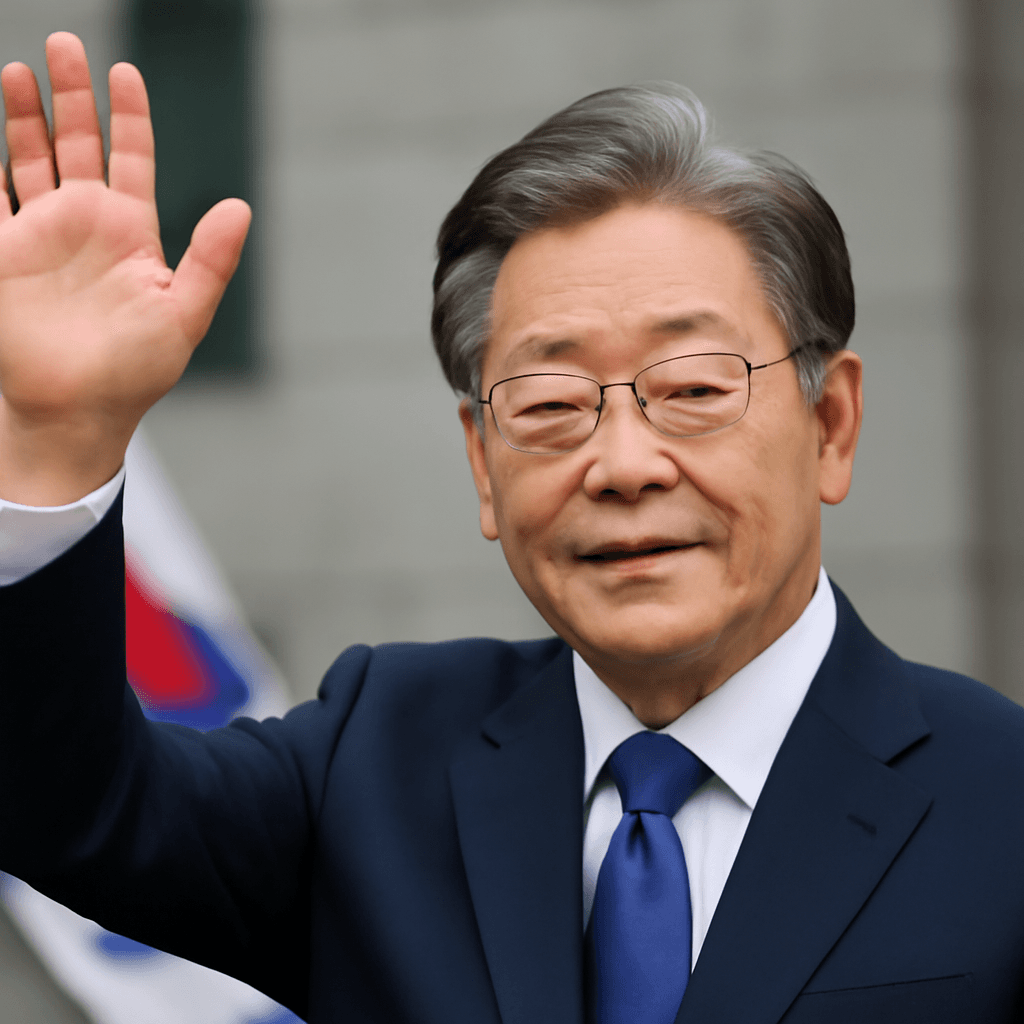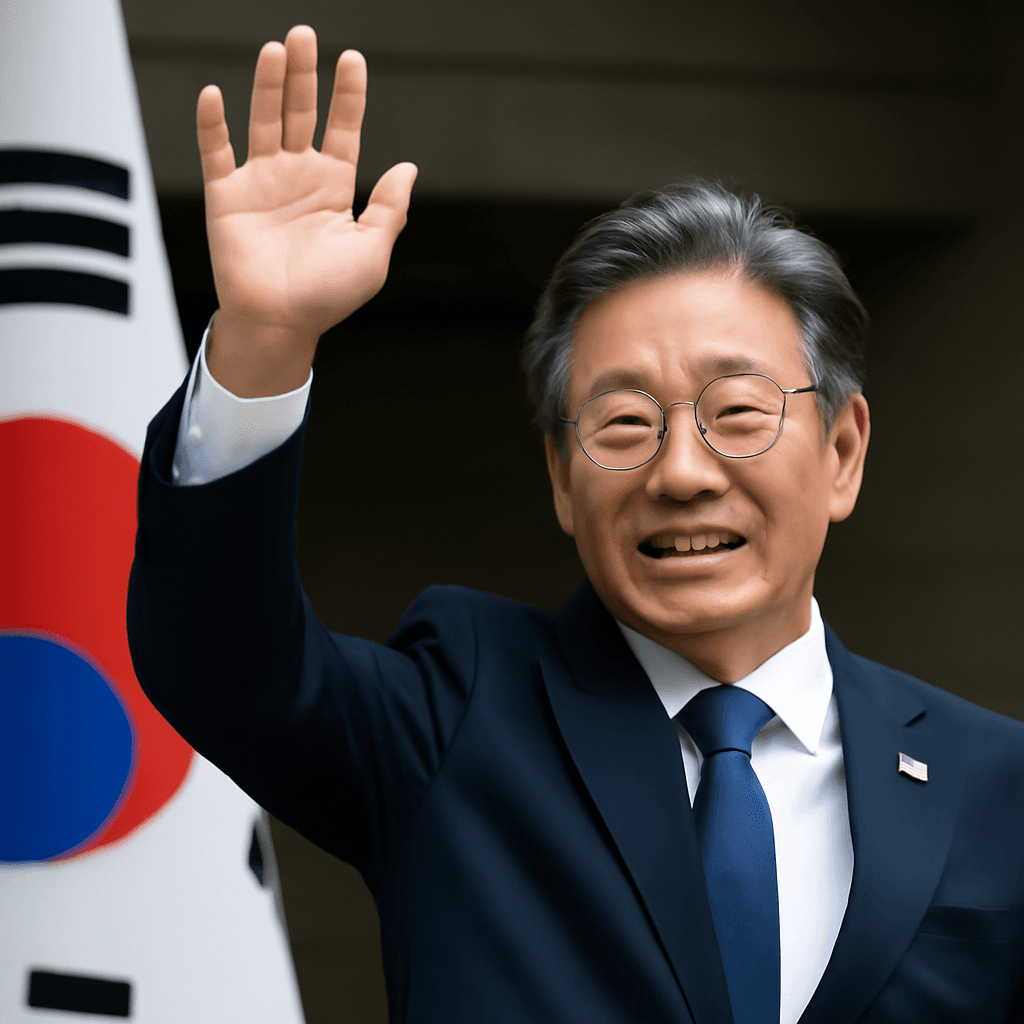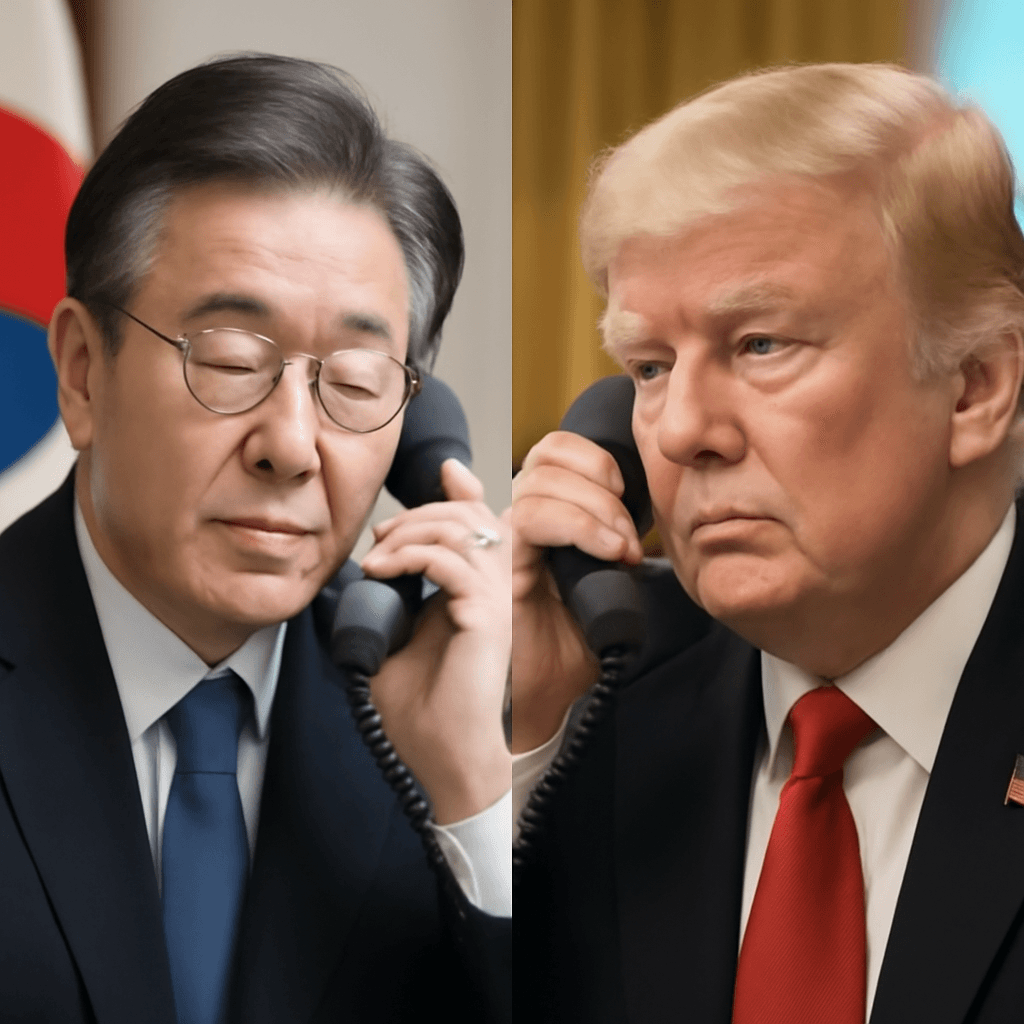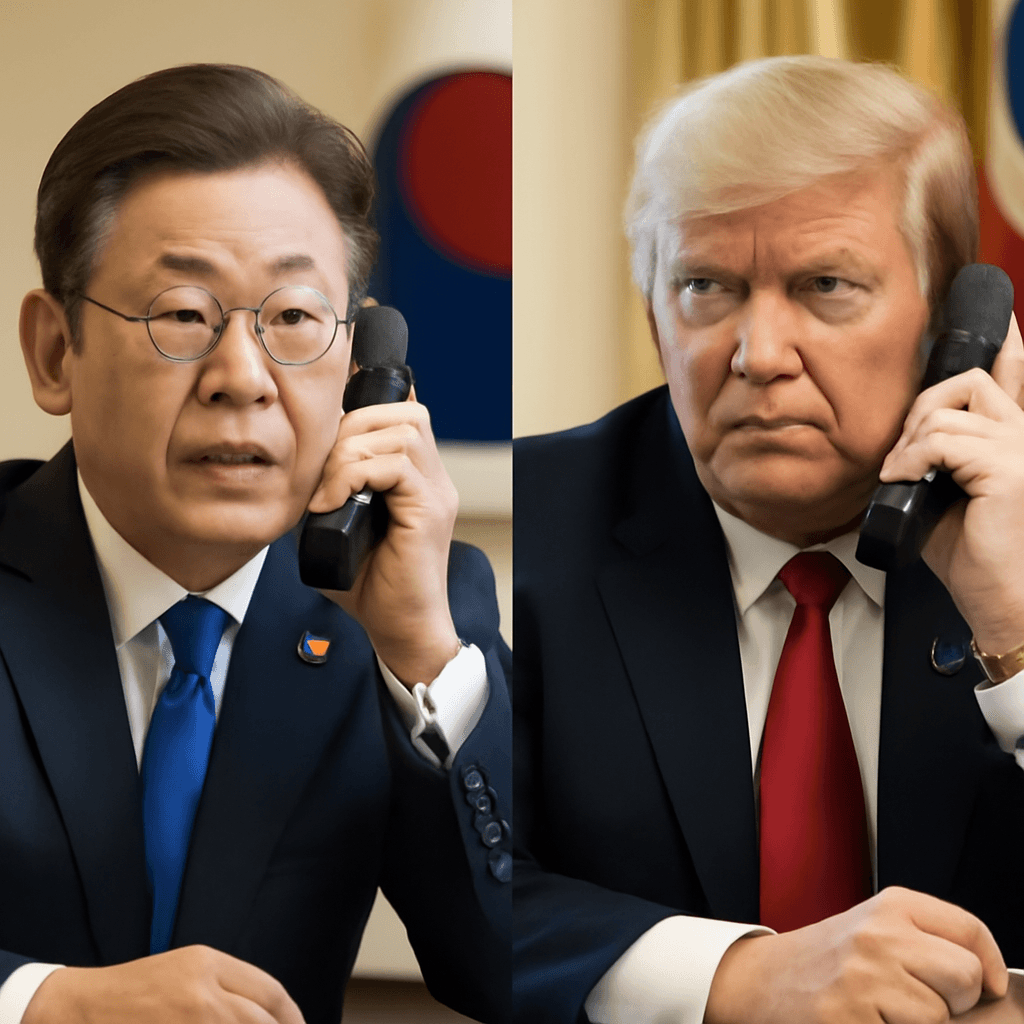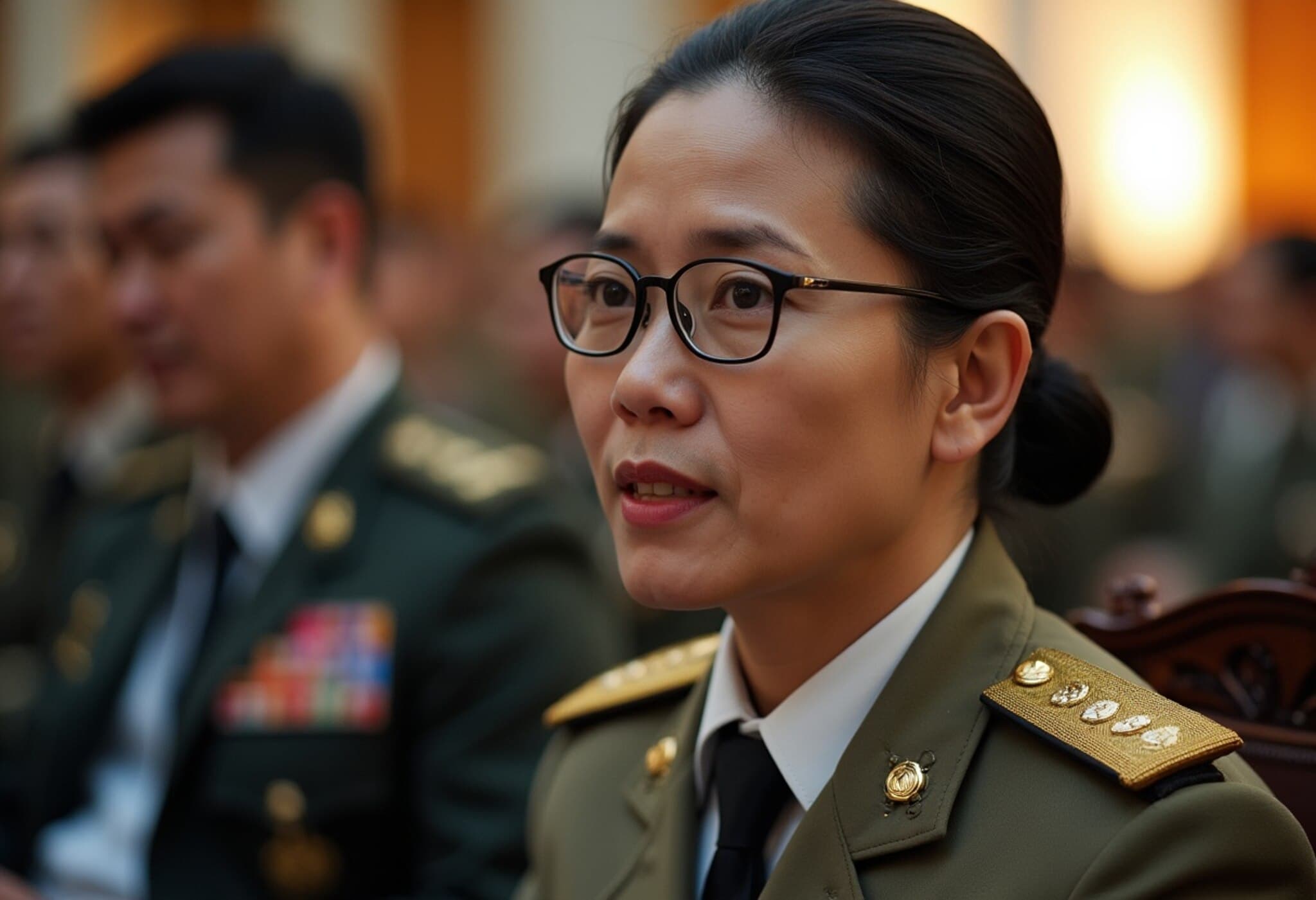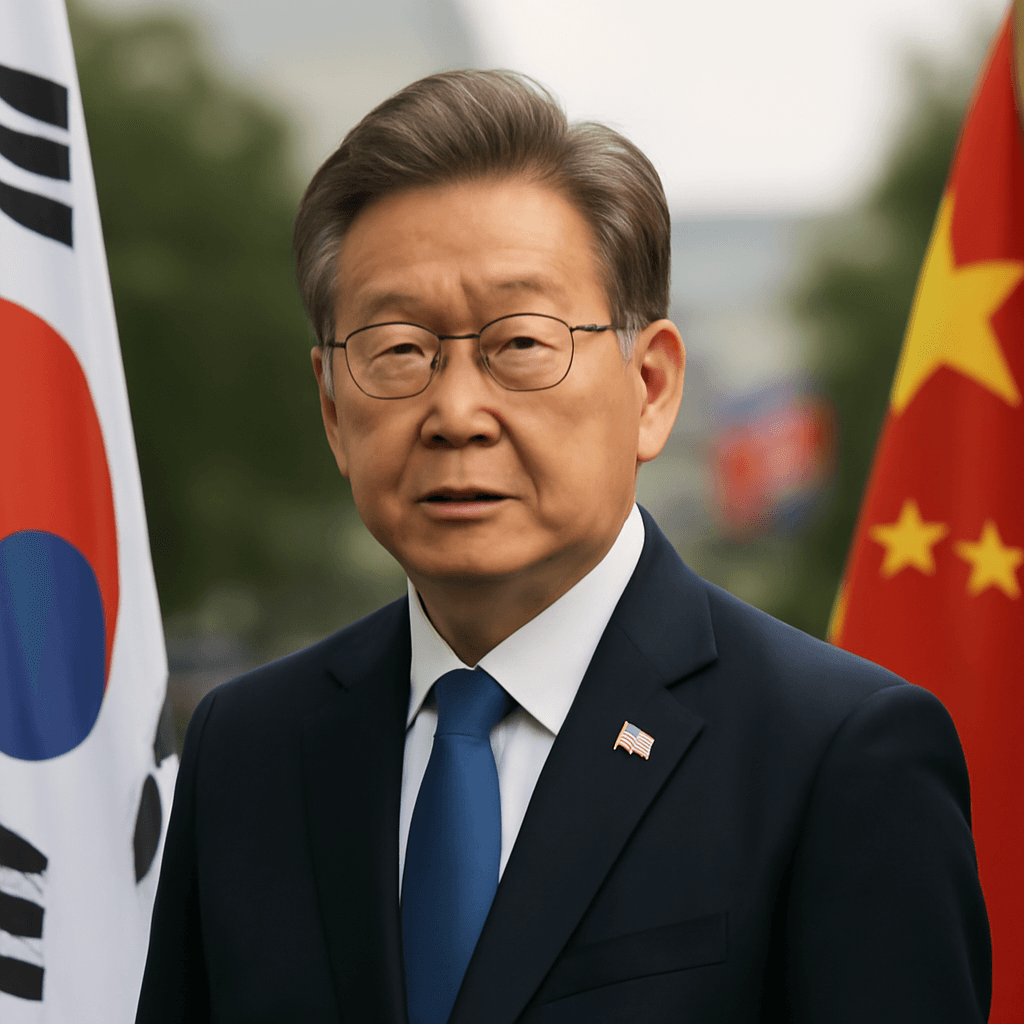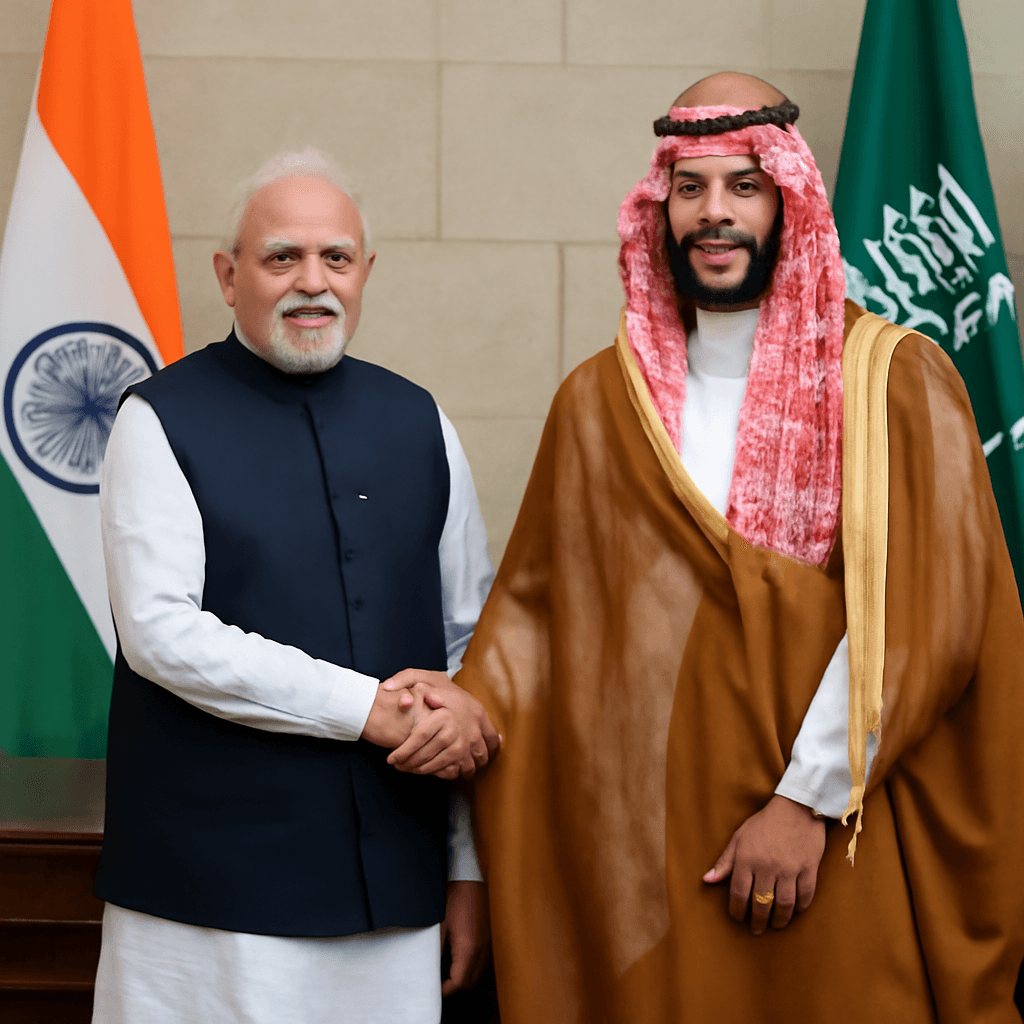South Korea's Snap Presidential Election: Overview
South Korea held a snap presidential election on Tuesday, June 3, 2025. Exit polls released soon after polls closed at 8 p.m. local time suggest a decisive victory for Lee Jae-myung of the Democratic Party (DP), who is riding a wave of public dissatisfaction with recent economic and political instability.
Key Highlights from the Election
- Projected Winner: Lee Jae-myung, the liberal Democratic Party candidate, is leading comfortably over conservative rival Kim Moon-soo.
- Exit Poll Numbers: A joint exit poll by major South Korean broadcasters indicates Lee secured approximately 51.7% of the vote, while Kim received around 39.3%. Similar results were reported by additional polls.
- Voter Turnout: The election saw a robust turnout with about 78% of the 44.39 million eligible voters participating, reflecting strong public engagement amid recent turmoil.
Context Behind the Snap Election
This early election was prompted by the impeachment of former President Yoon Suk Yeol in December, followed by his formal removal by the Constitutional Court on April 4, 2025. The political upheaval was further intensified by a controversial brief imposition of martial law under Yoon’s administration, leading to a constitutional crisis and deepened divisions within the country.
Lee Jae-myung’s Campaign and Future Prospects
Lee positioned the election as a referendum on the previous administration, sharply criticizing Yoon and the conservative People Power Party for their handling of the martial law incident and broader governance issues. Upon confirmation of the election results by the National Election Commission, Lee is expected to assume office immediately, including duties as commander-in-chief of the military, potentially as early as Wednesday.
Implications for South Korea
The election outcome signals a shift in public sentiment towards the liberal Democratic Party amid ongoing economic concerns and political instability. The swift transition of power aims to restore stability and reinforce democratic governance in South Korea following months of crisis.

